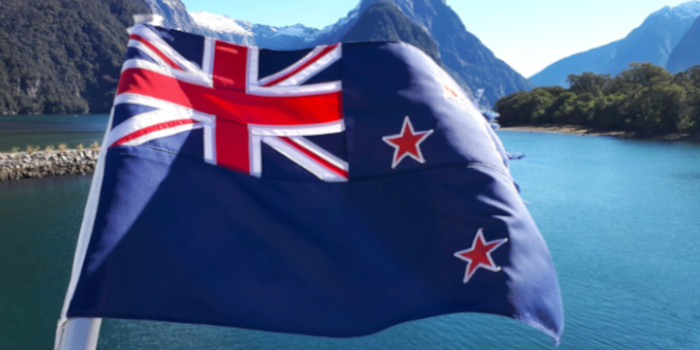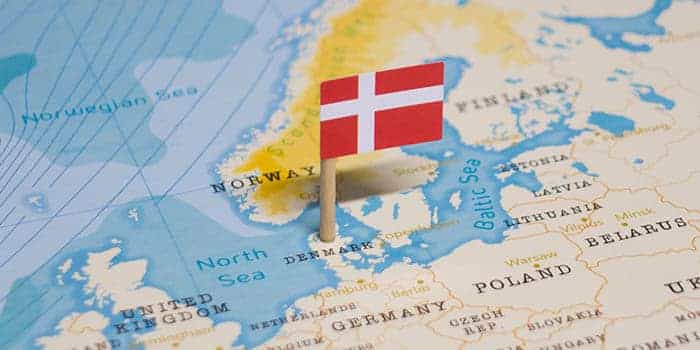- Casino
- By State
- Alabama
- Alaska
- Arizona
- Arkansas
- California
- Colorado
- Connecticut
- Delaware
- Georgia
- Florida
- Hawaii
- Idaho
- Illinois
- Indiana
- Iowa
- Kansas
- Kentucky
- Louisiana
- Maine
- Massachusetts
- Maryland
- Michigan
- Minnesota
- Mississippi
- Missouri
- Montana
- Nebraska
- Nevada
- New Hampshire
- New Jersey
- New Mexico
- New York
- North Carolina
- North Dakota
- Ohio
- Oklahoma
- Oregon
- Pennsylvania
- Rhode Island
- South Carolina
- South Dakota
- Tennessee
- Texas
- Utah
- Vermont
- Virginia
- Washington
- West Virginia
- Wisconsin
- Wyoming
- By State
- Slots
- Poker
- Sports
- Esports
IBIA Study: Liberal Betting Markets Have Better Channeling Rates
According to the study, restricting the number and nature of available products tends to be counter-productive

The International Betting Integrity Association (IBIA) has released its “The Availability of Sports Betting Products: An Economic and Integrity Analysis” study. Produced in partnership with H2 Gambling Capital, the study analyzes the upsides and downsides of strict and liberal market regulatory practices.
Compiled by H2 Gambling Capital, the study uses IBIA data as a basis. The research also received support from a number of international organizations, including Instituto Brasileiro de Jogo Responsável, the Canadian Gaming Association, the Netherlands Online Gambling Association and Responsible Wagering Australia.
Availability Equals Better Channeling Rates
According to the study, the wide availability of sports betting products results in better channeling rates toward legal operators. This also means that consumers are less likely to get exposed to sports betting-related fraud.
In addition, the study pointed out that specific betting markets, such as soccer and tennis, tend to have a “disproportionate impact” on the market and onshore channeling rates thanks to their popularity. Channeling is further impacted by the availability of popular products, such as in-play betting, side markets and prop betting.
According to IBIA’s study, the latest data shows that the assumption that popular markets represent a heightened risk of match-fixing may be faulty. In addition, the study demonstrates that the restriction of betting products tends to channel more players toward unregulated gambling companies.
The IBIA highlighted the high channeling rates in markets that offer a variety of products, comparing them against more restrictive jurisdictions. Great Britain, which offers a myriad of regulated products, for example, has a channeling rate of 97%. Ontario, which broke away from the Canadian monopoly, has been enjoying a channeling rate of 92%.
On the contrary, Australia, which prohibits online in-play, and Germany, which restricts soccer, tennis and in-play bets, have channeling rates of 75% and 60%, respectively.
The IBIA added that all money spent on offshore operators is money that is not taxed.
Restrictions Are Counter-Productive
Khalid Ali, IBIA’s chief executive officer, commented on the results, pointing out that the study confirms the belief that restrictions tend to have adverse effects. Instead of preventing betting, such regulations tend to drive people into the riskier offshore market, Ali added.
The conclusions are clear: if you want to protect consumers and sports from corrupters, while maximizing tax revenues, then allowing a wide range of sports betting products is essential.
Khalid Ali, CEO, IBIA
David Henwood, director at H2 Gambling Capital, also shared his thoughts, saying that there is a lot of data to reinforce the aforementioned claim. He said that people generally use offshore sites exactly because of the broader range of products. As a result, Henwood reiterated that limiting the choice of onshore bet types is counter-productive.
Instead, markets most successful in limiting offshore play – evidenced by a channeling rate of 90% plus – are the ones that have generally opened their onshore provision to a broad product choice. There is much that can be learnt herein in terms of best practice regulation.
David Henwood, director, H2 Gambling Capital
As the global sports betting market continues to grow, it becomes increasingly important to properly regulate legal betting, the IBIA concluded. It pointed out that the wagering market is expected to be worth $84 billion in 2024 and as much as $132 billion by 2028.
The IBIA believes that its latest study would be of interest and importance to markets in the Americas.
Must Read
Industry
July 14, 2025
Senate Blocks Attempt to Reverse Gambling Tax Rule
More Articles





Industry
July 17, 2025
UEFA Bans FK Arsenal Tivat Due to Match-Fixing

Industry
July 16, 2025
ASA Cracks Down on Play’n GO for Problematic Ads

Industry
July 16, 2025
Iowa Regulator Slams FanDuel with $125K in Fines

Industry
July 16, 2025
New Zealanders Voice Opposition to iGaming Bill













